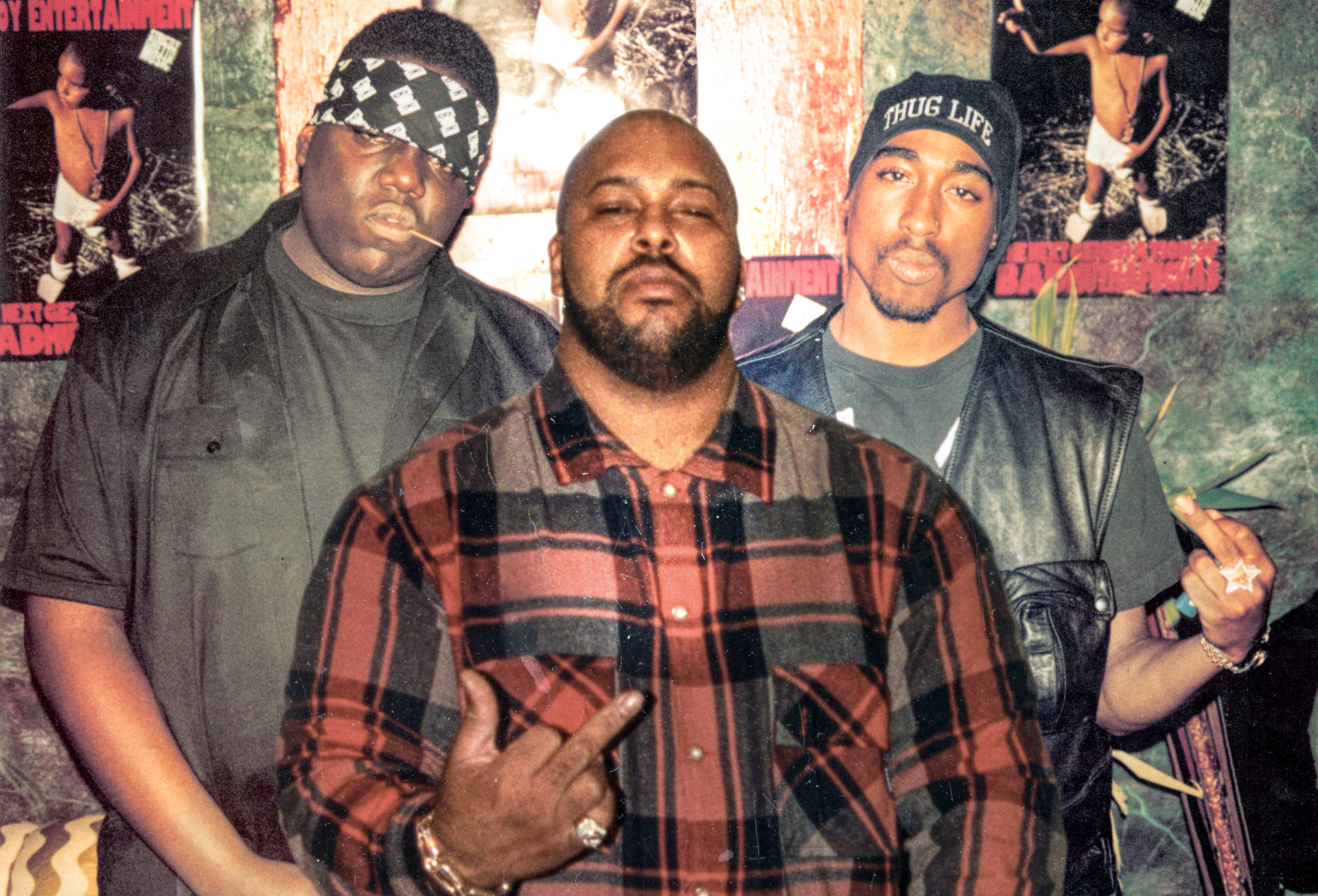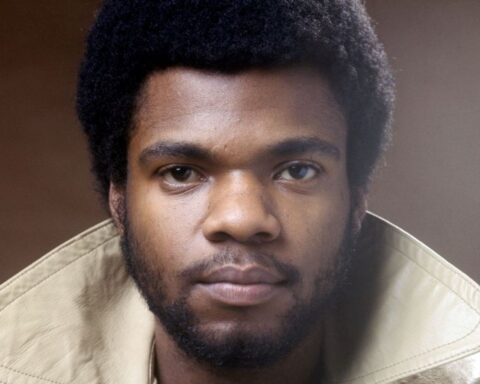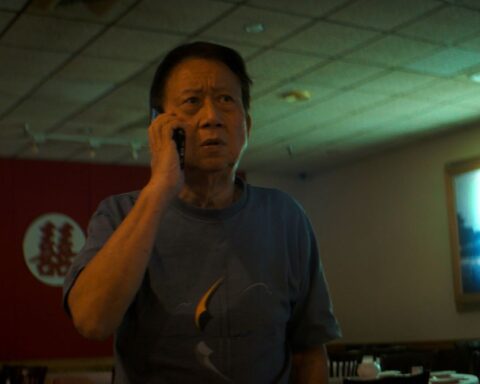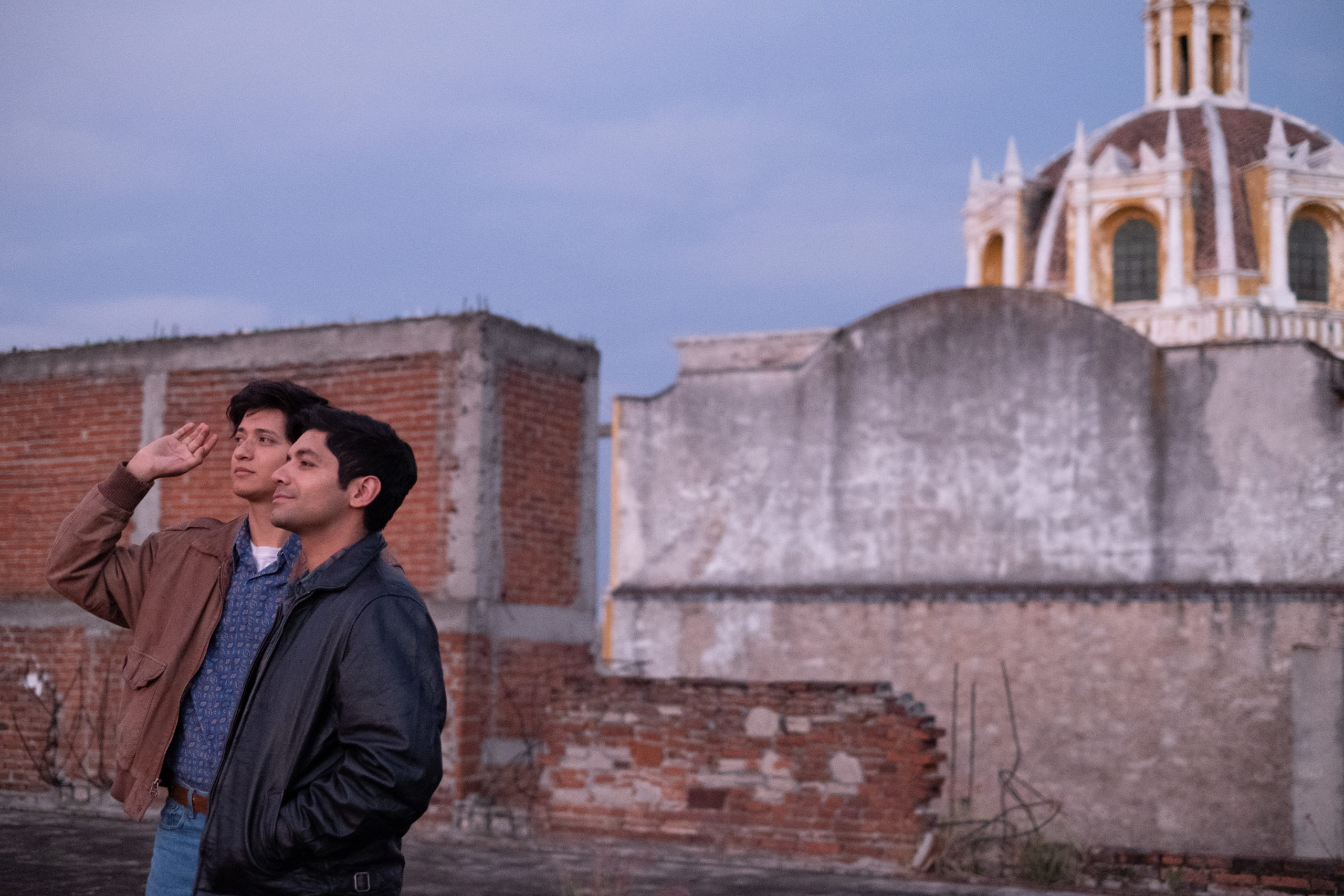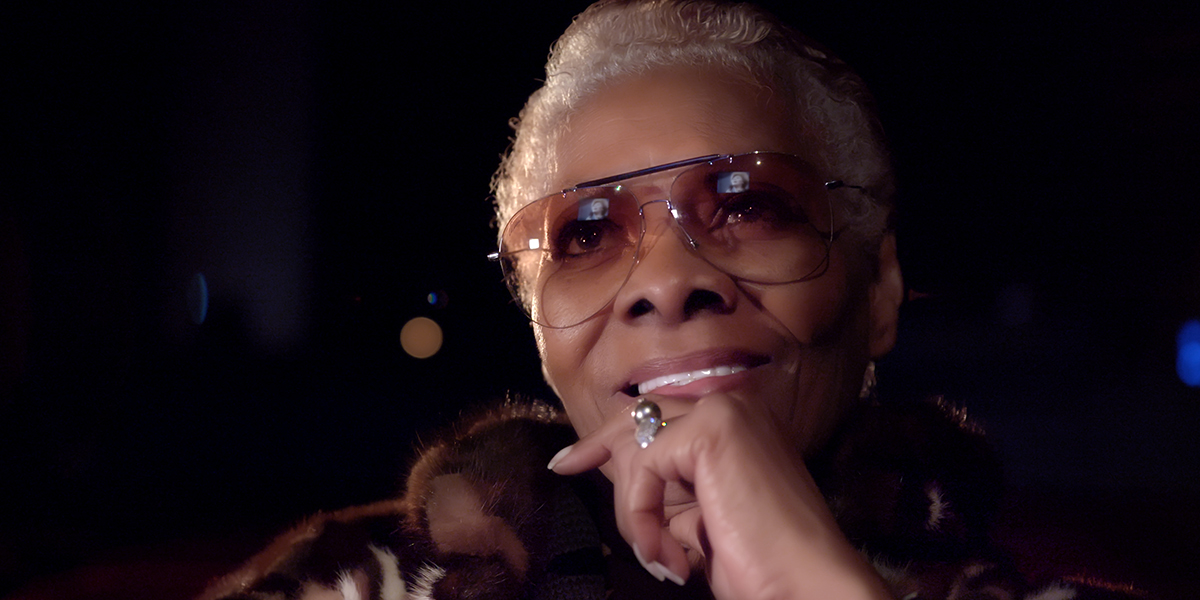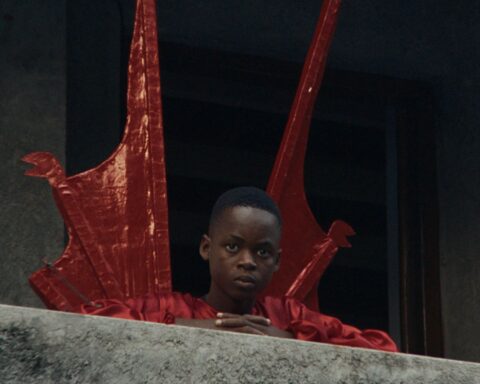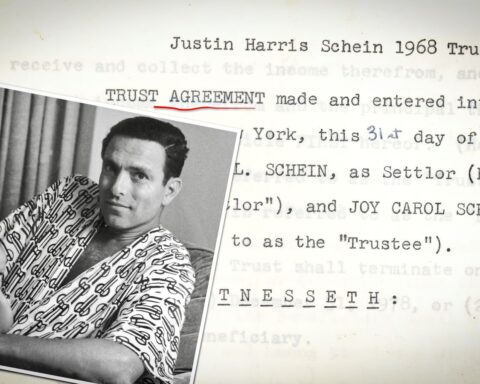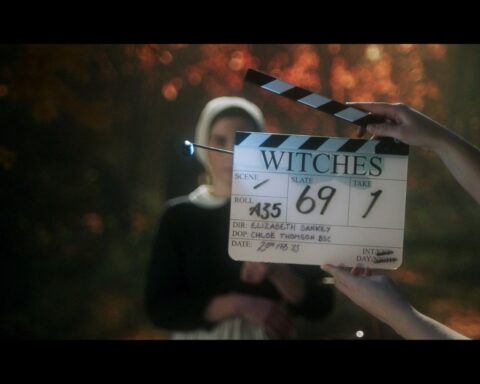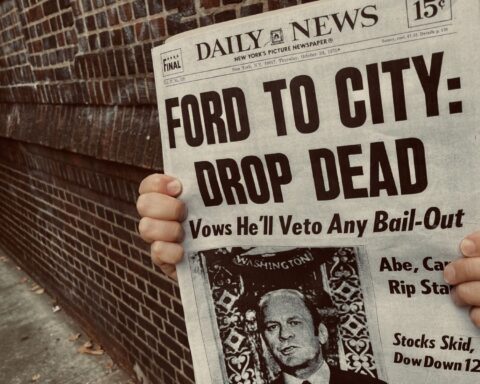The Last Man Standing: Suge Knight and the Murders of Biggie & Tupac
(UK, 105 min)
Dir. Nick Bloomfield
Filmmaker Nick Broomfield revisits the murders of rappers Tupac Shakur and Biggie Smalls in The Last Man Standing: Suge Knight and the Murders of Biggie & Tupac. Since investigating their deaths in his 2002 documentary, Biggie & Tupac, Broomfield has uncovered new evidence and interviewed more witnesses that may finally lead to some answers surrounding Biggie’s unsolved murder in 1997.
The film points to two main culprits. Suge Knight, music executive and CEO of Tupac’s record label, Death Row Records, has long been suspected of ordering the hit against Biggie as retaliation for Tupac’s drive-by killing in 1996. The second and more controversial accusation the film makes is against the LAPD for colluding and covering up the murder.
The Last Man Standing explores the investigative work of late LAPD detective Russell Poole who laid allegations against his former employer. According to Poole, several dirty officers were members of Suge’s gang, Mob Pirus, and moonlighted at Death Row Records, often working security. Poole’s theory did not make him popular at work. He was ostracized and eventually pushed out, retiring early, citing corruption at the institution. Still, he continued to do his work, setting up his own private detective agency. Broomfield was able to organize a meeting between Poole and Biggie’s mother, who seeks justice and closure, to share his findings before he passed away in 2015. In airing and considering Poole’s dedicated work, Broomfield pursues justice for Biggie, but also vindication for Poole.
The film opens with footage of Knight being sentenced to 28 years in prison in 2018 for voluntary manslaughter, running down another music executive in a parking lot in Compton, LA. “Suge Knight’s sentencing for 28 years signaled the end of his power, the end of his empire,” Broomfield’s opening narration states. “People are no longer as intimidated since Suge’s incarceration and started talking more freely about Suge being the shadow behind Tupac Shakur’s and Biggie Smalls’ murders.”
The film details the escalation of a gang war that Knight largely enflamed that resulted in the deaths of these two talents. In fact, Bloomfield reveals, Russell Poole originally alleged the connection between Knight and the murders. Poole told Bloomfield in 2002 that the chief of police, Bernard C. Parks, prevented him from investigating further, due to the involvement of the LAPD. In an interview with a judge on the LAPD’s Board of Rights hearing, Xavier Hermosillo, claims he saw a photograph of David Mack and Rafael Perez, two of the cops allegedly involved with Knight, wearing red from head to toe, the colour of the Bloods, with a young woman standing in between them whom he recognized as the daughter of the chief of police.
Almost 20 years later, Broomfield finally accessed more witnesses who corroborate Poole’s theory, including other members of Knight’s gang, employees at Death Row Records, music agents and many more, some of whom were present during both killings.
“Any gang member who could have shot or killed Biggie, could only have done so with police involvement and support,” Leila Steinberg says. She was a former mentor and manager of Tupac’s and knew several of the cops implicated with Knight and Death Row. Speaking about the night of Biggie’s death she says, “It would have been impossible [to kill Biggie]. They [the police] were everywhere.”
It is true that people are less fearful to speak out now that Knight is not a threat. However, many of his interviews would have been nearly impossible to access without the help of one of his producers, Pam Brooks.
Brooks is from the same area of Compton as Suge and knows many of his old friends and colleagues. Often, she would have to assure her connections about Broomfield’s motives. “If he was an ex-police officer, do you think I would help him or fuck with him?” she asks a man over the phone. “How the fuck is Nick the ex-police when he’s from fucking England?” Much of the film is only possible because of Pam, but she also adds some levity to the dark subject matter. When they arrive at an interview subject’s home, she warns him, “Remember, they’re from England. They’re crazy.”
Broomfield’s past documentary inspired an FBI investigation into the matter. Whether this film is a step closer to justice is yet to be determined, but it was an opportunity for those who previously felt silenced to share their experiences and perspectives. Despite the harm and violence with which Knight has been involved, he was a beacon of hope for his community for some time, providing employment and the promise of wealth. However, the “get rich or die trying” ethos he promoted and lived by resulted in more death than lasting wealth and prosperity for him and his community.
The Last Man Standing: Suge Knight and the Murders of Biggie & Tupac is now available on home video.




